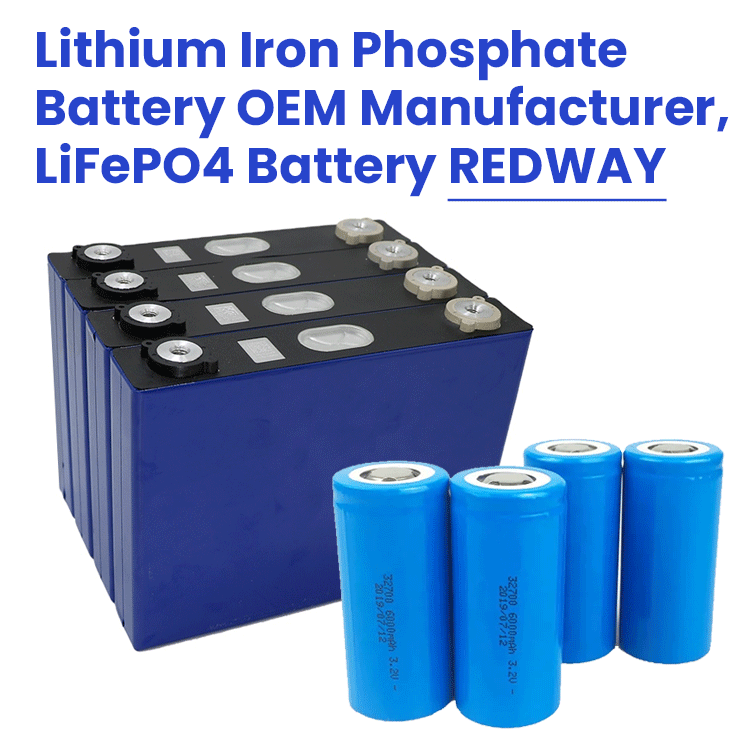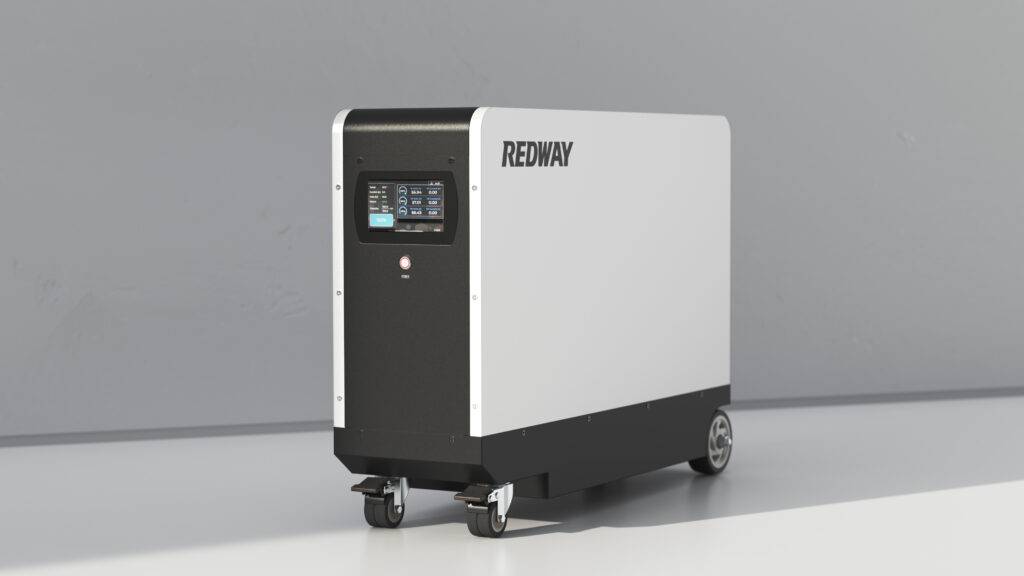Lithium-ion batteries have revolutionized the battery industry with their superior capacity, energy density, and recharge rate. While these batteries already offer longer lifespans compared to other battery chemistries, users of handheld gadgets are always seeking ways to extend battery life further. One theory suggests that freezing a lithium-ion battery can increase its service life. In this article, we will explore this idea and delve deeper into the effects of freezing on lithium-ion batteries to uncover the truth behind it.

#post_seo_title
The Truth Behind Freezing Li-ion Batteries
Researchers have developed a method called freeze-casting or ice-templating, which involves freezing lithium-based batteries to optimize their performance and lifespan. This innovative approach aims to make lithium batteries safer and extend their life expectancy. Additionally, it may allow for the production of flexible batteries that can cater to the future demand for bendable gadgets.
The Ice-Templating Method and Its Impact
By utilizing freeze-casting, researchers can manipulate the chemical structure of the electrolyte in lithium-based batteries, replacing the liquid electrolyte with a solid structure. This not only addresses the safety concerns associated with liquid electrolytes but also increases the energy density of the batteries, making them ideal for transportation, storage applications, and potentially manufacturing flexible devices.
The freeze-casting process involves cooling the liquid electrolyte along with ceramic particles. As the ice grows, it pushes away and concentrates the ceramic particles. The ice is then converted into gas using a vacuum, leaving behind an aligned and vertically oriented solid electrolyte structure. This structure is then combined with a polymer for support and flexibility.
The Effects of Freezing in Simple Terms
To simplify the concept, lithium-based batteries are susceptible to stress when exposed to heat or high temperatures. Charging them at a high voltage rate also adds to this stress. These factors diminish the battery’s ability to store charge, reducing its lifespan. However, storing the batteries in a low-temperature environment after charging and avoiding heat exposure can have positive effects. Freezing the batteries helps eliminate stress, thereby extending their service life.
Top 10 Questions and Answers:
1. How does freezing lithium-ion batteries extend their service life?
Freezing lithium-ion batteries helps eliminate stress caused by exposure to heat, high temperatures, and high charging voltage rates, thereby extending their lifespan.
2. Is the freeze-casting method currently in use?
The freeze-casting method is still under development, but it holds great potential for making lithium-based batteries safer, more efficient, and potentially flexible for future bendable devices.
3. What are the advantages of freeze-casting?
Freeze-casting allows for the manipulation of the electrolyte’s chemical structure, replacing the flammable liquid electrolyte with a solid structure. This enhances battery safety and increases energy density, making them suitable for transportation and storage applications.
4. Can freezing lithium-ion batteries improve their performance?
Yes, freezing lithium-ion batteries can improve their performance by reducing stress and maintaining their ability to store charge, resulting in better overall battery performance.
5. Are there any risks associated with freezing lithium-ion batteries?
While freezing lithium-ion batteries can have positive effects, it is essential to note that extreme cold temperatures can cause irreversible damage to the battery. Therefore, it is crucial to follow recommended freezing guidelines.
6. Can freezing lithium-ion batteries be harmful?
If lithium-ion batteries are not frozen according to recommended guidelines, such as avoiding extremely low temperatures, it can lead to irreversible damage and reduced battery performance.
7. What other factors can affect the lifespan of lithium-ion batteries?
Besides freezing, factors such as exposure to high temperatures, high charging voltage rates, and leaving batteries fully charged for extended periods can also reduce their lifespan.
8. Is it possible to freeze lithium-ion batteries at home?
While it is possible to freeze lithium-ion batteries at home, it is crucial to follow recommended guidelines to avoid causing damage to the batteries.
9. Are there any alternatives to freezing lithium-ion batteries?
Apart from freezing, storing lithium-ion batteries in a cool environment and avoiding exposure to heat can also help maintain their performance and extend their lifespan.
10. Can freezing lithium-ion batteries be applied to all types of electronic devices?
Freezing lithium-ion batteries can be applied to various electronic devices that use these batteries, such as smartphones, tablets, and cordless power tools, to help optimize their performance and extend their service life.





